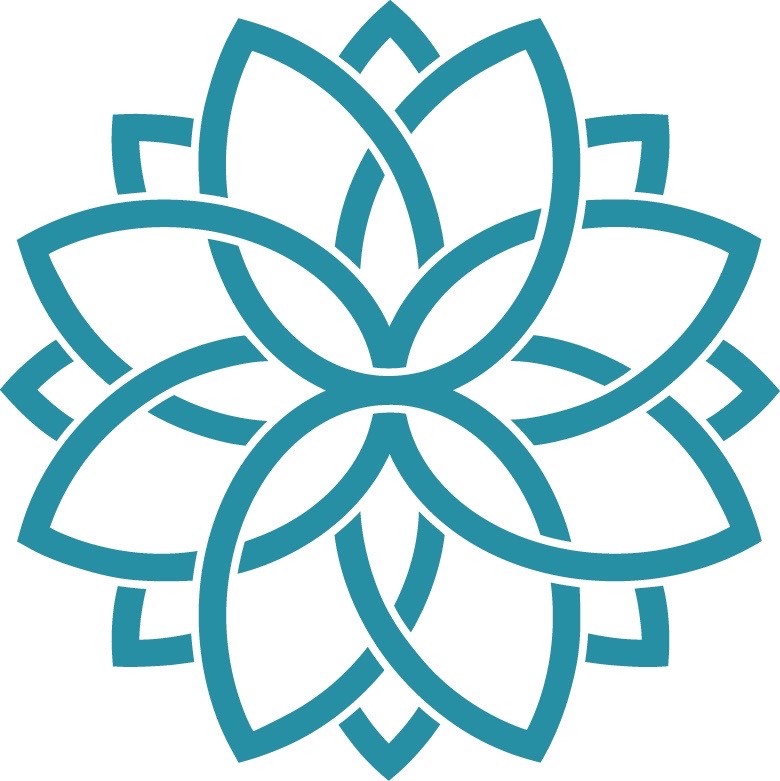Why do people recover better when in connection with others?
There is a lot of evidence that people heal faster and more fully when they have adequate support; this is true in all aspects, whether it be recovery from a medical or physical challenge, a traumatic experience, substance use, or a mental health struggle, people tend to have better short and long-term outcomes when they are connected to others. When people have a network to rely on when they are going through a period of recovery, there is a shared experience and a sense of not being alone.
Biologically we are built to be social creatures; from the human experience, we thrive when we are connected with others. Our brains, bodies and minds are primarily centered around us finding other people in which we can feel safe, supported and connected, so it’s no accident that if we are attempting to overcome a challenge or hardship of any kind that we would be better suited to not go at it alone. Yet, connecting with other people is also inherently risky. It requires us to be vulnerable and to put ourselves out there, which means we could be rejected. So from that perspective, it also makes sense that when people aren’t at their best, that they might tend to isolate.
In my experience working in substance use treatment, I have seen time and time again how people have found themselves feeling and physically being very alone. The results of addiction and chronic substance use is really hard on relationships and often individuals who are struggling with substance use, have found their relationships more negatively impacted the longer the use continues. At the point of early recovery however, there is this really difficult transition period of needing and wanting support, but having a hard time accessing it. But reaching the full potential of a life in recovery, can’t be done all by oneself. The need for compassion, grace, support, empathy and resources is significant. The act of receiving compassion, grace, support, empathy and resources can be terrifying though. Part of my job and potentially anyone else’s that is in contact with an individual during treatment or in early recovery, is to help bridge that gap. To safely reach out, offer compassion, a desire to understand and be non-judgmental can make a huge difference.
So if you have found yourself at some point not being in your A-game and really struggling to overcome the challenges presented before you and as a result of that, started to isolate yourself from others, I get why you would do that. However, the power of connecting with other people especially during those times, could be a powerful catalyst to change.
If you or someone you know is struggling with feeling isolated or working through recovery, I encourage you to reach out for help and support. If you are struggling with issues of receiving help and support, know that you are worth it, no matter what has happened in your life. If you are supporting someone in recovery, know that you don’t have to solve any of their problems, but the support you can offer may allow them to tap into their own internal resources and begin to solve their own problems. If you aren’t sure the best way to support someone, for fear of enabling unsafe behaviors, know that there is a way.
Life is hard. It’s hard because we’re human. Don’t do it alone.
With a brave heart,
N

